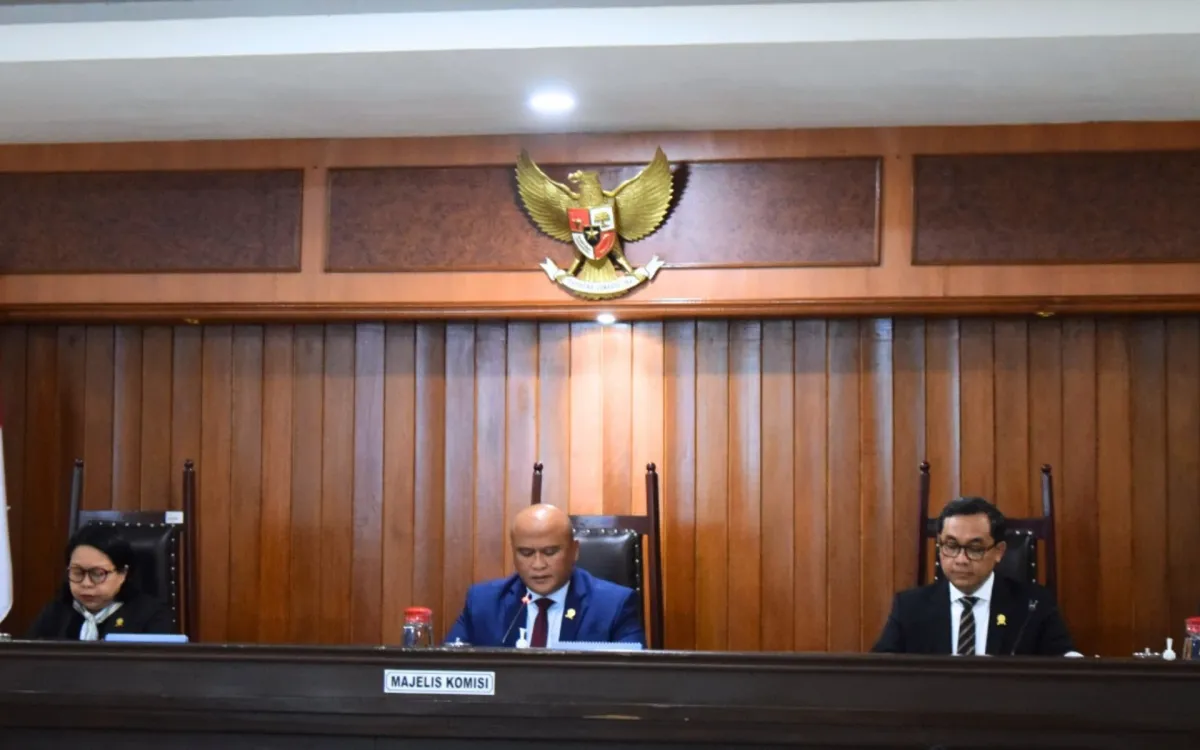
The Indonesian Competition Commission (ICC) imposed a fine of 202.5 billion rupiah ($12.4 million) on Google LLC on January 21, 2025, following an investigation into the company's Play Store billing practices. The case, initiated in June 2024, focused on Google's mandatory implementation of its Google Play Billing (GPB) system.
According to the ICC ruling, Google violated Indonesia's monopoly law by requiring application developers to use its proprietary payment system for all digital products and services distributed through the Google Play Store. The investigation revealed that Google controlled over 50% of the relevant market share in Indonesia's Android-based mobile application distribution landscape.
The Commission Panel, led by Hilman Pujana with Mohammad Reza and Eugenia Mardanugraha as members, found substantial evidence of market dominance abuse between June 2022 and December 2024. The panel's analysis demonstrated that Google's practices limited technological development and restricted market competition.
During the trial proceedings, developers presented evidence of significant impacts from Google's mandatory billing policy. The requirement to use GPB resulted in service fees ranging from 15% to 30%, leading to increased application prices. Developers reported decreased user numbers and reduced transaction volumes due to limited payment options.
The ICC investigation highlighted multiple consequences of Google's billing requirements. Applications faced removal from the Play Store if developers did not comply with the GPB system mandate. Additionally, developers encountered difficulties in customizing user interfaces and maintaining competitive positions in the market due to these restrictions.
Beyond the monetary penalty, the regulatory body ordered Google to cease mandatory implementation of its billing system. The company must also extend its User Choice Billing (UCB) program to all application developers, offering incentives through service fee reductions of at least 5% for one year after the decision becomes legally binding.
The ruling stipulates that Google must pay the fine within 30 days of the decision becoming final. Late payments will incur additional penalties of 2% per month. If Google chooses to file an objection, regulations require the company to submit a bank guarantee covering 20% of the fine amount.
Google's spokesperson indicated on January 22 that the company plans to appeal the decision, stating that their current practices "foster a healthy, competitive Indonesian app ecosystem." The company mentioned its previous introduction of alternative billing options for developers.
This regulatory action in Indonesia follows similar scrutiny of Google's practices globally. The European Union has previously imposed fines exceeding 8 billion euros on Google over the past decade for various anticompetitive practices related to its services.
The case examined the digital platform market where Google Play Store connects application developers with users, specifically focusing on distribution channels pre-installed on Android-based mobile devices in Indonesia. The Commission's multi-sided market analysis determined that Google Play Store maintained a dominant position as the primary application distribution platform on Android devices.
For compliance with the ruling, Google must deposit the fine into the Indonesian State Treasury as revenue from business competition violation penalties. The decision reflects increasing regulatory oversight of digital platform practices in Southeast Asia's largest economy, where the digital sector continues to expand rapidly among its population of 280 million people.

